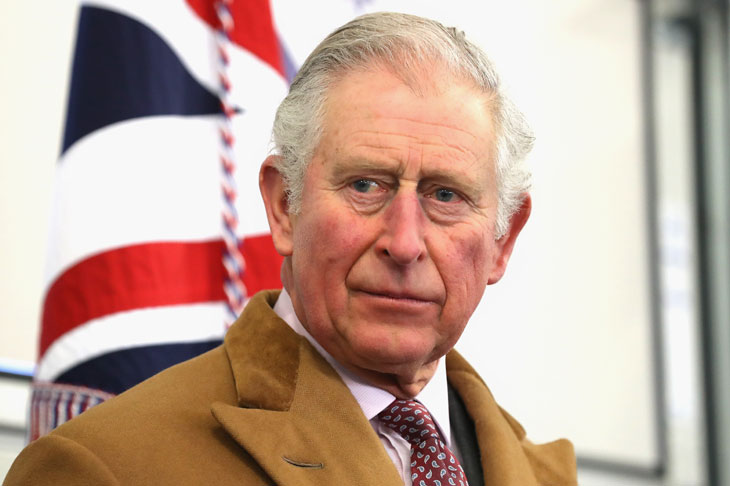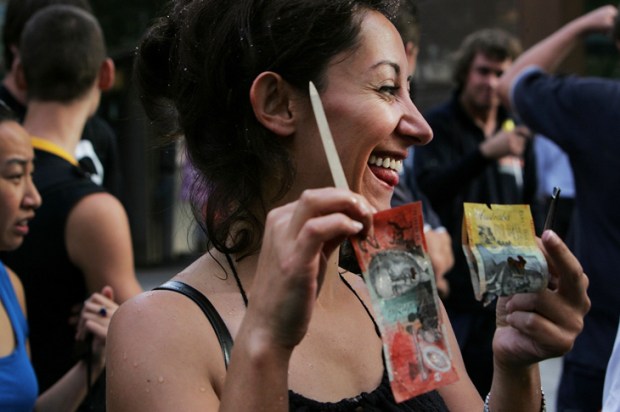The death of Queen Elizabeth brings some historical warnings as Charles becomes the third king to bear that name. While there is no risk whatsoever of following the lead of the first Charles in losing his head, there are some elements of Charles II’s reign that it would be wise to avoid. By having legitimate heirs (rather than Charles II’s baker’s dozen of illegitimate offspring by various mistresses but none by the Queen), the new king has avoided a succession problem. And Charles II’s extra-marital activities have made Prince William the first potential king of England to be his direct descendant through William’s mother, Diana; the Spencer family were the product of one of his happy liaisons – a happiness not echoed in Diana’s marriage to the now Charles III.
But while Charles II, considered one of the most popular English kings, was known as the Merry Monarch, a reference to the liveliness and hedonism of his court, his relationship with parliament was so bad that he dissolved it in 1681 and ruled without it for the remaining four years of his life. This conflict had begun through Charles II’s attempts to liberalise religious laws that parliament blocked. And then there were problems with parliament about raising taxes.
What sort of ‘liberalising force’ as head of the Church of England will Charles III be, having gone against Church of England dogma at the time by marrying a divorcee? And how will his relations with parliament end up if he continues, like Charles II, to participate heavily in scientific and environmental pursuits that may have political implications?
His potential problems are summed up in a satirical song from the mid-1770s, the Vicar of Bray, which begins, ‘In good King Charles’ golden days when loyalty no harm meant…. Kings are by God appointed and damned are those that dare resist or touch the Lord’s anointed’. It is a brilliant recounting of the contortions of principle involved in the C of E’s (and by inferences his subjects’) relationship with the sovereign through half a century of the fluctuating policies of the five monarchs from King Charles II to George I. The church embraced whichever form of liturgy, Protestant or Catholic, was favoured by the monarch of the day.
But the song also deals with the fundamental question, relevant today, of whether the monarchy then would survive as it welcomed, ironically, a lesser Germanic royal to become George I of England in order to keep the Crown Protestant: ‘The illustrious House of Hanover and Protestant succession/To these I do allegiance swear – while they can hold possession./And in my faith and loyalty I never more shall falter/And George my lawful King shall be – until the times do alter’.
It is not only in Australia that there are pressures for ‘the times to alter’ – for the worse as republican sentiment rides on the back of the end of the Queen’s remarkable reign, giving added impetus to the need for Charles to succeed in maintaining the monarchy as the essential third element of the Westminster system (Parliament, the Rule of Law and the Crown) that has been central to the development and survival of the British (and Australian) democratic tradition.
Royal anecdotes have proliferated as the Queen’s death absolves her subjects from remaining silent about private conversations with her. Having met the Queen officially a few times as a politician, my happiest memory of her was in an altogether different context – as a member of the Swan Richards’ Australian Crusaders’ cricket team in a match against the Royal Household at Windsor Castle in 1989 that began a tradition for many years of the Queen driving Prince Phillip down in a Land Rover to support her team and meet the players.
At a break in our innings, we had lined up. After I was introduced to the Queen and shook hands, Swan stood with her in front of me as the game resumed. After some minutes, it was evident Swan, with an eye on our slow scoring, had become agitated and said to the Queen, ‘Hang on a minute will yer, I’ve got to touch a few fellers up’, before running down to the boundary fence and making strong gestures (and words) to our batsmen.
I stepped forward so the Queen would not be left alone and we had a chat about a plane flying low overhead and how fortunate it was that Queen Victoria had Windsor Castle double-glazed to keep out the cold – but how well it works for aircraft noise from Heathrow. She then said she had enjoyed an excellent day as the Navy had won the inter-services polo that morning for the first time and that although she was not supposed to favour anyone, three of her ponies were in the Navy team. By then, Swan had returned to the Queen and both moved off.
A week later I met my old friend and Labor Senate colleague High Commissioner Doug McClelland, who had attended most of our games, and he asked me, ‘What did you bloody cricketers get up to with the Queen at Windsor?’ Doug told me that at an official function a couple of days previously the Queen, with whom he was on very friendly terms, beckoned him over and said, with a wicked smile on her face, ‘High Commissioner, tell me the meaning in your patois of the phrase “Touch a few fellers up”.’ Doug, recognising what may have prompted the question, asked the Queen whether she was referring to the Crusaders team’s captain, Mr Richards. She said yes. He asked whether we were we batting or bowling, and she replied batting, to which he said he believed it would have meant that our batsmen were scoring too slowly and should speed up. This reflects not only the Queen’s lively sense of humour, but also the special relationship she had with Doug – and Australia.
RIP Queen Elizabeth II. God Save The King!
Got something to add? Join the discussion and comment below.
Get 10 issues for just $10
Subscribe to The Spectator Australia today for the next 10 magazine issues, plus full online access, for just $10.
You might disagree with half of it, but you’ll enjoy reading all of it. Try your first month for free, then just $2 a week for the remainder of your first year.














Comments
Don't miss out
Join the conversation with other Spectator Australia readers. Subscribe to leave a comment.
SUBSCRIBEAlready a subscriber? Log in